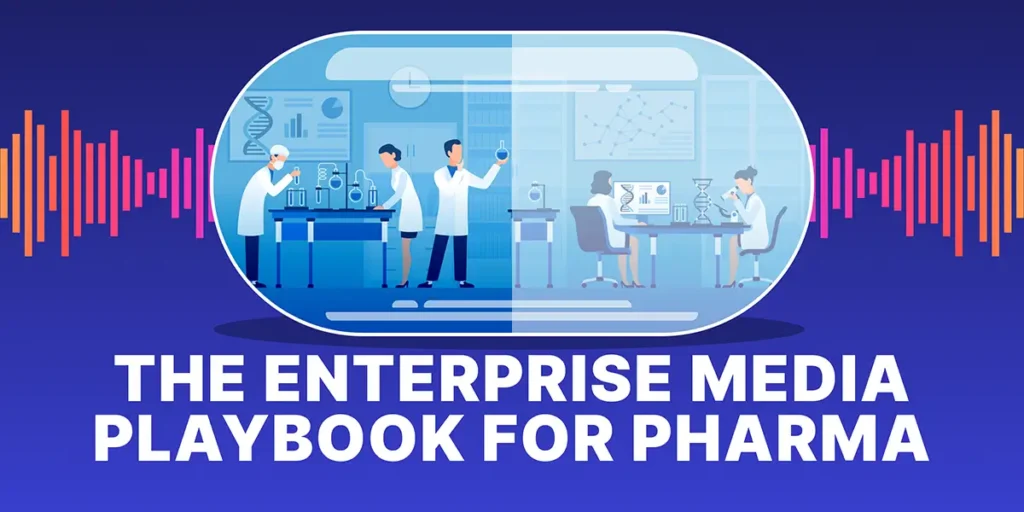How uStudio’s Engineering Approach Helps Our Customers Innovate Quickly
uStudio Staff | IT & Developers, Video Leaders, Video Platform

uStudio Engineer, Chris Krough, explains how our approach to Dev Ops helps our customers stay at the forefront of the video innovation curve.
What is your definition of Dev Ops? What does it mean to you?
Dev Ops started as a cultural movement. There was a pretty well-defined line between development teams that write the software or features and the operations teams who manage it and get it out on platforms and make sure it’s safe and secure.
The idea of Dev Ops is that those two teams work together and become one, so you give developers the keys to the kingdom. You allow them to support their own software to see their own bugs in real life. Doing things this way, you really get these faster feedback loops in which the people who are building the products can react to how that product is actually used in very, very short cycles.
How does uStudio approach Dev Ops?
At uStudio, we do not have traditional operations-only teams. We have full functioning development teams that understand the full stack of the application everywhere from UI and design all the way out to ‘how do I support this’ or ‘how do I deal with problems if they crop up in production.’
We build Dev Ops teams, or what some teams would call No Ops. We make sure that our teams build their software and then actually host it and experience it in production and are very close to the customer. When a customer has a problem, the developer that wrote that software will see that problem, and they’ll be the one fixing it. They understand how what they write and design impacts the customer directly.
What are some of the advantages of approaching Dev Ops in this way?
Anytime you put up a wall between teams, you slow things down. When you do Dev Ops well, and you get your developers close to the customer and close to the people that are actually using the software, you give the designer an idea of what the customer actually wants versus what they think they want. They’re able to see how their software gets used, how their software performs, how it behaves, and then they can iterate on that very quickly.
How does this approach ultimately help customers win?
When you approach Dev Ops in this way, you get to a product that fits the customer’s needs much faster, or even at all, compared to how you’d do that if you separated the customer and the developer.


